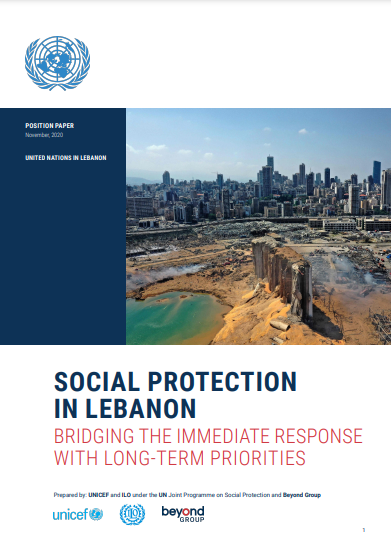The Impact of Public Pension Deficits on Households’ Investment and Economic Activity
By Jinyuan Zhang US public state pension deficits are very large, accounting for 18.5% of an average state's GDP and up to 50% in Illinois. In principle, households should respond to this heavy future burden by increasing current savings, particularly in safe assets, since pension deficits are countercyclical. Comparing households residing on opposing sides of states' borders, I document that households in larger-deficit states save more, investing more in safe bank deposits and less in risky stocks. Specifically, households hold...










